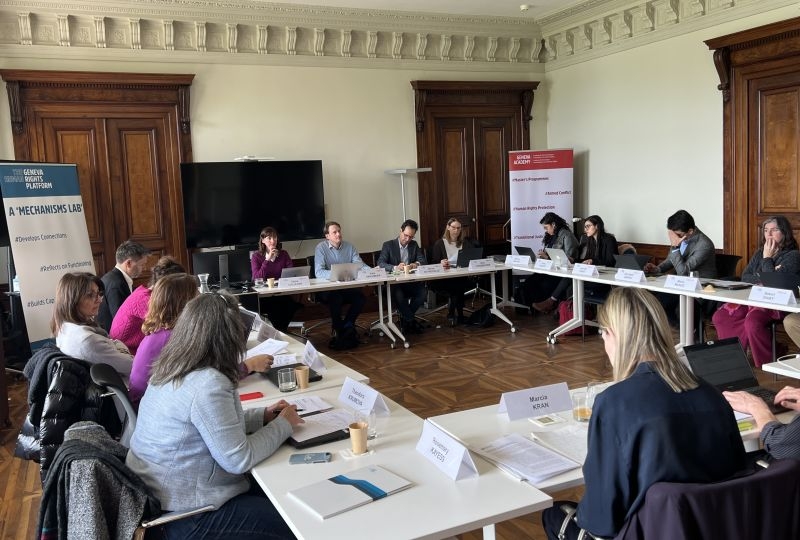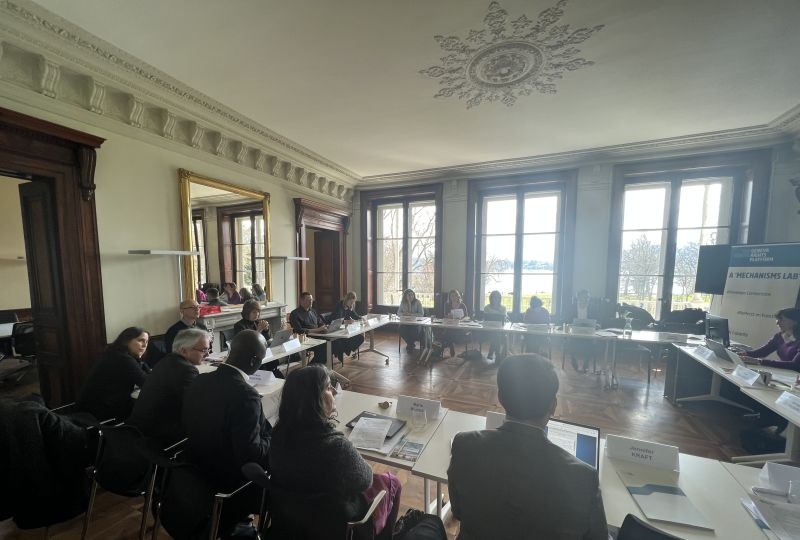Individual Communications are a major instrument to enforce the rights enshrined in the corresponding human rights treaties and provide victims with an effective remedy before an international body. They also represent a key entry point for victims of human rights violations to the UN human rights system.
Currently, eight TBs out of ten may receive individual communications. While the ways they handle them are, in many aspects, similar, they still differ in important aspects, which include methods of work and the practice at the Office of the UN High Commissioner for Human Rights (OHCHR) Petitions and Urgent Actions Section (PUAS), which prepares and supports the procedure.
The exchanges during this meeting focused on four issues and related harmonization questions: the life cycle of individual communications; interim and protection measures; third-party interventions and friendly settlement; and communication relating to individual communications, including outreach and reactions from state parties.
‘The discussions highlighted concrete avenues for alignment between the different procedures used by TBs, as well as how relatively recent procedures, such as friendly settlements, could be developed in a coherent way’ underlines Felix Kirchmeier.
‘In a next step, TBs and OHCHR can take these results further, integrating them into the working methods of the TB system’ he adds.







